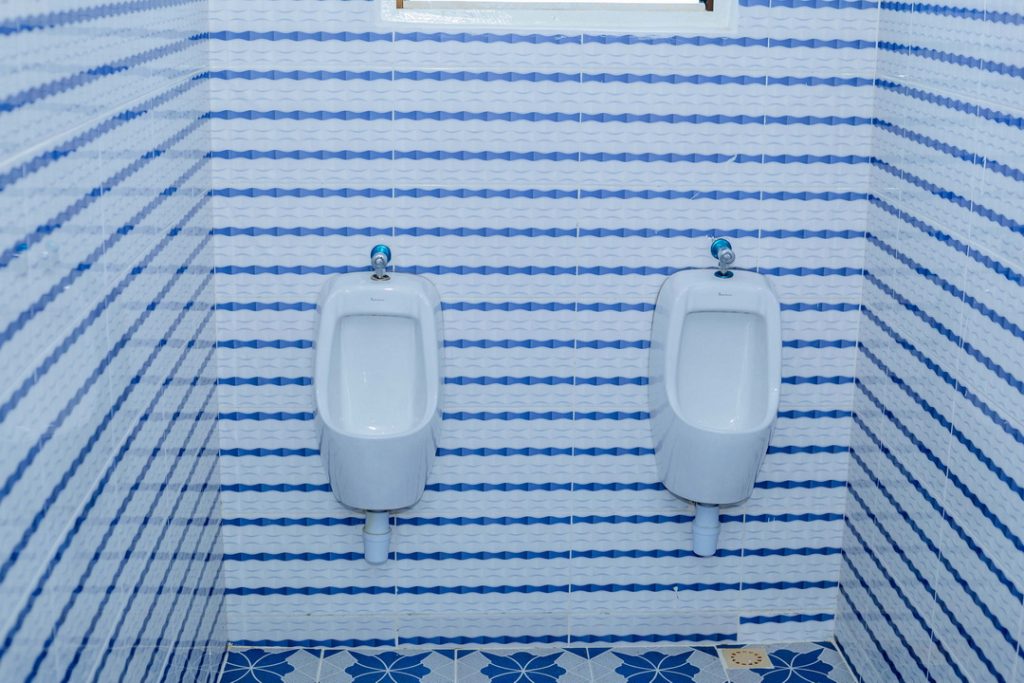President John Dramani Mahama’s declaration that “it is unacceptable that in 2025, open defecation persists in parts of Ghana” is a stark reminder of one of the country’s most persistent public health and development challenges.
Speaking at the launch of Ghana’s 2025 Voluntary National Review (VNR) for the Sustainable Development Goals (SDGs), President Mahama called for a firm crackdown on building permits issued without toilet facilities, arguing that the country’s sanitation crisis is less about awareness and more about gaps in investment, enforcement, and community engagement.

This statement should galvanize national efforts, especially at the local government level (District, area councils and communities), to step up enforcement of sanitation bylaws and finally address a crisis that has plagued Ghana for decades.
The President’s call aligns with long-standing appeals from civil society actors such as the Media Coalition Against Open Defecation (M-CODe), WaterAid, Ghana Water and Sanitation Journalist Network (GWJN) and development partners who have repeatedly emphasized the importance of ensuring that every new structure includes toilet facilities.
Yet, this crisis extends far beyond permitting and law enforcement. Open defecation is a symptom of a deeper institutional malaise: fragmented regulatory frameworks, weak coordination between policy and service delivery, underfunded local government systems, inelastic demand, and inadequate private sector engagement.
While Ghana has made important strides in water, sanitation access remains uneven and extremely slow. In 2022, WaterAid warned that at the current pace, every Ghanaian household would not have access to a decent toilet until the year 2103.
Cholera and Public Health Risks
Ghana has already paid a steep price for neglecting access to decent toilets. Recurrent outbreaks of cholera and other sanitation-related diseases are grim reminders of the dangers. Without access to basic toilets and hygiene infrastructure, the most vulnerable communities remain trapped in a vicious cycle of ill health, lost productivity, and deepening poverty.
The 2023 SDG Technical Report by the NDPC underscores that achieving SDG Target 6 is crucial for advancing over 70% of the total SDG targets. In other words, sanitation is not a standalone target—it’s foundational to health (SDG 3), education (SDG 4), gender equality (SDG 5), economic growth (SDG 8), and climate resilience (SDG 13)
Sanitation for All: A Case for Private Sector Engagement
Given the scale and complexity of the problem, it is time for Ghana to optimize private sector delivery models to complement government and donor efforts. Particularly in rural areas, where latrines collapse annually due to poor soil structures and extreme weather, private sector innovation in toilet construction, maintenance services, and behaviour change marketing can be a game-changer.
WaterAid Ghana has advocated for a model of “sanitation for all” that focuses on strengthening institutional frameworks, integrating result-based financing for district assemblies, and enhancing public-private partnerships. Crucially, this includes a shift in focus from outputs to outcomes—from counting toilets built to measuring actual usage, maintenance, and public health outcomes.
Financing the Future
President Mahama’s renewed commitment to channel 80% of the District Assemblies Common Fund (DACF) directly to Districts, and earmark 10% each for water and sanitation, is a welcome step. However, local authorities often lack the technical, financial, and human capacity to translate this funding into sustainable outcomes.
This calls for stronger accountability in the planning, allocation, and tracking of sanitation investments. Ghana must explore innovative financing mechanisms and incentive-based frameworks that reward local governments for achieving independently verified sanitation milestones.
The existing District Performance Assessment Tool (DPAT), often privately criticized by technocrats as ineffective, must be revisited. There is a pressing need to revise its indicators and weightings, and to bring civil society organizations into the process to strengthen transparency and accountability.
A National Reset
The ongoing constitutional review provides a critical opportunity to re-examine and redefine the institutional mandates for sanitation policy, planning, monitoring and enforcement. The current institutional fragmentation, especially between regulators and service providers, undermines efforts to achieve universal access.
Mahama’s directive is not just a political soundbite; it must be seen as a call to action for all stakeholders—government agencies, donors, private sector actors, civil society, and communities. It is time to make open defecation a thing of the past, not by 2103, but within the next decade.
Sanitation is dignity. It is health. It is equity. Ghana can’t afford to wait any longer.
Written by Ewurabena Yanyi-Akofur, Country Director, WaterAid Ghana
DISCLAIMER: The Views, Comments, Opinions, Contributions and Statements made by Readers and Contributors on this platform do not necessarily represent the views or policy of Multimedia Group Limited.
DISCLAIMER: The Views, Comments, Opinions, Contributions and Statements made by Readers and Contributors on this platform do not necessarily represent the views or policy of Multimedia Group Limited.


